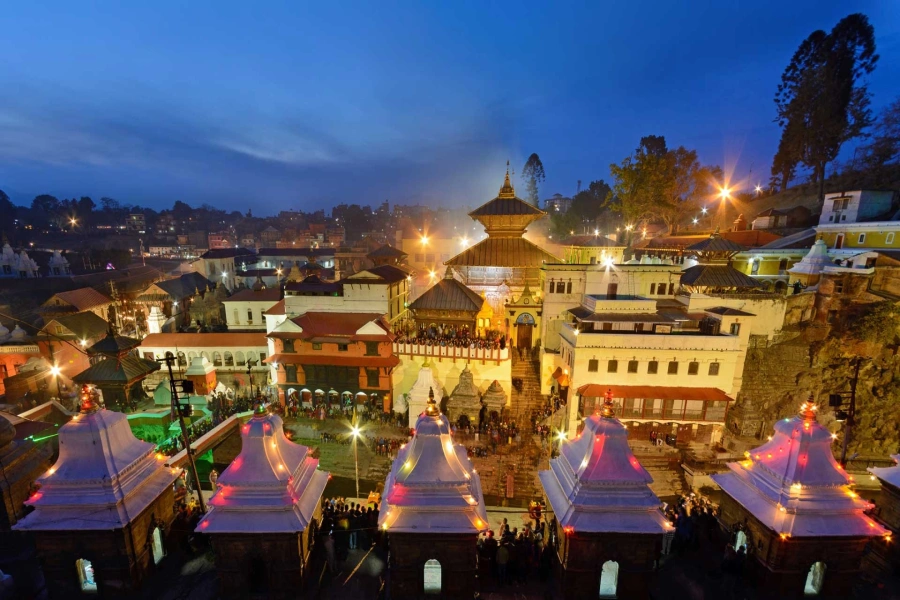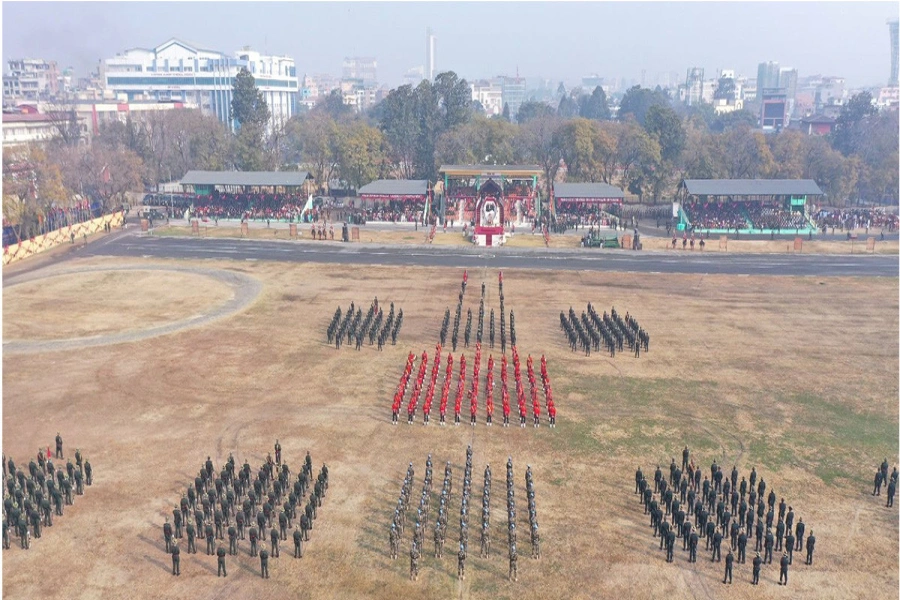KATHMANDU, Nepal, Sept 26: A prominent local journalist who helped organize a gathering in Nepal of investigative reporters from throughout Asia was notably absent from the event, exiled to avoid possible arrest.
Journalist and publisher Kunda Dixit, who founded the Nepal Center for Investigative Journalism, is under investigation by the Commission for the Investigation of Abuse of Authority.
Global Investigative Journalism Network executive director David Kaplan, who worked with Dixit for more than a year to bring more than 350 journalists from 50 countries to Nepal this weekend, said Dixit is being targeted for prosecution and detention by Nepali officials, underscoring broader concerns about press freedom.
"He fled Nepal just weeks before this conference because of a witch hunt in which he's scared of being detained and imprisoned if he comes back here," said Kaplan. "Kunda is one of our best and we are here because of him. We are all going to continue fighting for what Kunda believes in."
Safeguarding Press Freedom with Urgency and Conviction

Nepal's home ministry spokesperson Yadav Koirala said Dixit's issues are not related to the overall government and only concern the Commission for the Investigation of Abuse of Authority.
The commission's official Ganesh Raj Karki said his agency has no warrant or case against Dixit because he is not a public figure and thus cannot be charged. However, Dixit and his brother, also a publisher, are being investigated for the amount of property they have in their names.
Dixit said he's waiting for courts to grant him protection against unfair prosecution by the commission.
Some local journalists and editors say Dixit's situation highlights growing government pressure on journalists to avoid publishing anything that could cast authorities in a poor light, even if they're true and fairly reported. At least one news magazine is being forced to close, and a radio station was demolished last week after authorities said its building encroached on forest lands.
U.S. Ambassador Alaina B. Teplitz told journalists that free press is an issue the State Department is closely watching in this impoverished Himalayan nation fraught with political instability. The ninth government in 10 years took power last month, and a constitution adopted last year both espouses a right to free expression and has clauses that seem potentially restrictive of the press.
"I don't think Nepal can have a healthy democracy at the end of the day if it doesn't have a healthy media and citizens aren't free to express themselves, as you say, without fear of dire consequences," said Teplitz, who would not speak specifically about Dixit's situation.
When pressed, she said having a free and open press is a high value to the U.S. which is at least officially espoused in Nepal.
"There are elements out there in a very politicized society with a lot of politicized institutions that are not as in love with that concept as we are," she said.
As for Dixit, he was sad to miss the conference where journalists shared tips, story ideas and research methods. He was supposed to introduce Pulitzer Prize-winning Boston Globe editor Walter Robinson, featured in the Academy Award-winning film "Spotlight." Instead he sent a video from his unnamed location, drawing huge cheers.
"Our officials have refined their methods. They don't do anything as crude as jailing journalists anymore. Censorship today is achieved by behind-the-scenes threats which can be even more insidious and sinister," he told The Associated Press.





































